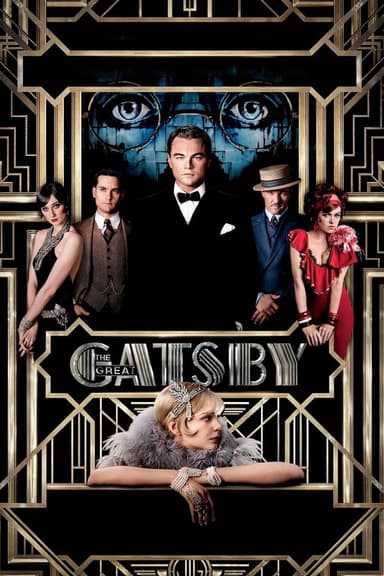
Sorry if I Love You
2008 • Comedy
Alex Belli is a 37 year old advertising executive whose fiancée Elena has just left him, and who is having difficulty at work trying to think of a good advertising campaign for a new Japanese product. Niki is a bubbly 17 year old student. She has three best friends with whom she shares all her problems, and an annoying ex-boyfriend Fabio who is set on getting her back, but Niki's not interested. One day on his way to work, Alex collides with Niki on a city street. They soon begin a romance, despite their 20-year age gap.
Runtime: 1h 45m
Why you should read the novel
The novel 'Sorry if I Love You' by Federico Moccia delves deeply into the emotional nuances and psychological growth of its characters, offering a richer, more introspective experience than the film. In the book, readers are invited into the inner thoughts and motivations of both Alex and Niki, discovering subtleties that simply cannot be captured on screen. Moccia’s writing style offers a lyrical and immersive depiction of everyday life in Rome, allowing you to feel every heartbeat and every moment the characters share.
Reading the novel provides the chance to savor the complexity of the relationship between Alex and Niki. The pages allow space for their doubts, insecurities, and growth, letting you connect as they navigate societal expectations and personal fears. The gradual unfolding of their connection is more deeply explored, making the journey towards mutual understanding more meaningful and impactful.
Furthermore, picking up the book means engaging directly with the author’s voice, enjoying the playful yet poignant language that has charmed readers worldwide. It’s full of witty banter and evocative descriptions, inviting you to reflect on love, maturity, and self-discovery. If you enjoy layered storytelling, the original novel promises a rewarding and memorable reading experience well beyond the movie adaptation.
Adaptation differences
One of the main differences between the adaptation and the book is the level of character development. While the movie captures the primary plot points and exuberant spirit of the novel, it often streamlines character arcs to fit its runtime. Secondary characters’ backstories, motivations, and internal conflicts, which are delicately detailed in the book, receive less attention or are omitted entirely in the film.
The pacing between the two versions also diverges significantly. The novel allows for a slower, more contemplative exploration of the evolving relationship between Alex and Niki. Scenes that take several chapters to develop in the book—building tension and highlighting emotional nuances—are sometimes condensed or skipped in the film for brevity, impacting the emotional weight and realism of their connection.
Another notable distinction lies in the depiction of the age gap and its social repercussions. The book devotes considerable time to exploring the perspectives and judgments of family, friends, and colleagues regarding Alex and Niki’s unconventional romance. The film, by contrast, opts for a lighter tone and shies away from the more uncomfortable or challenging consequences, rendering the relationship’s obstacles less pronounced.
Finally, the novel dives deeper into the internal dialogue and self-reflection of the protagonists, especially Alex, providing readers with insight into his doubts, fears, and desire for change. The adaptation, relying on visual storytelling and dialogue, often externalizes these struggles, sometimes resulting in a less nuanced portrayal of his personal awakening and emotional journey.
Sorry if I Love You inspired from
Sorry if I Love You
by Federico Moccia











